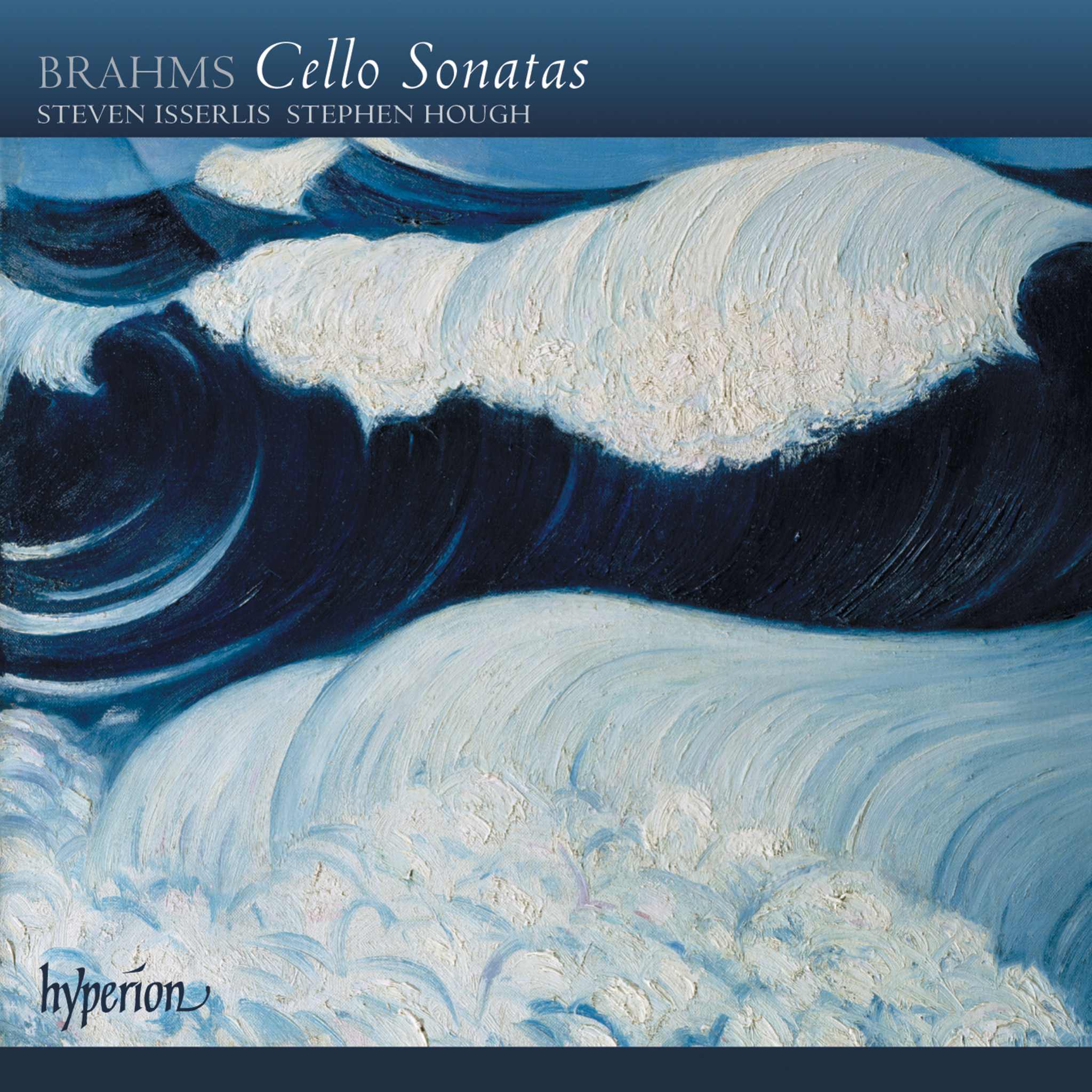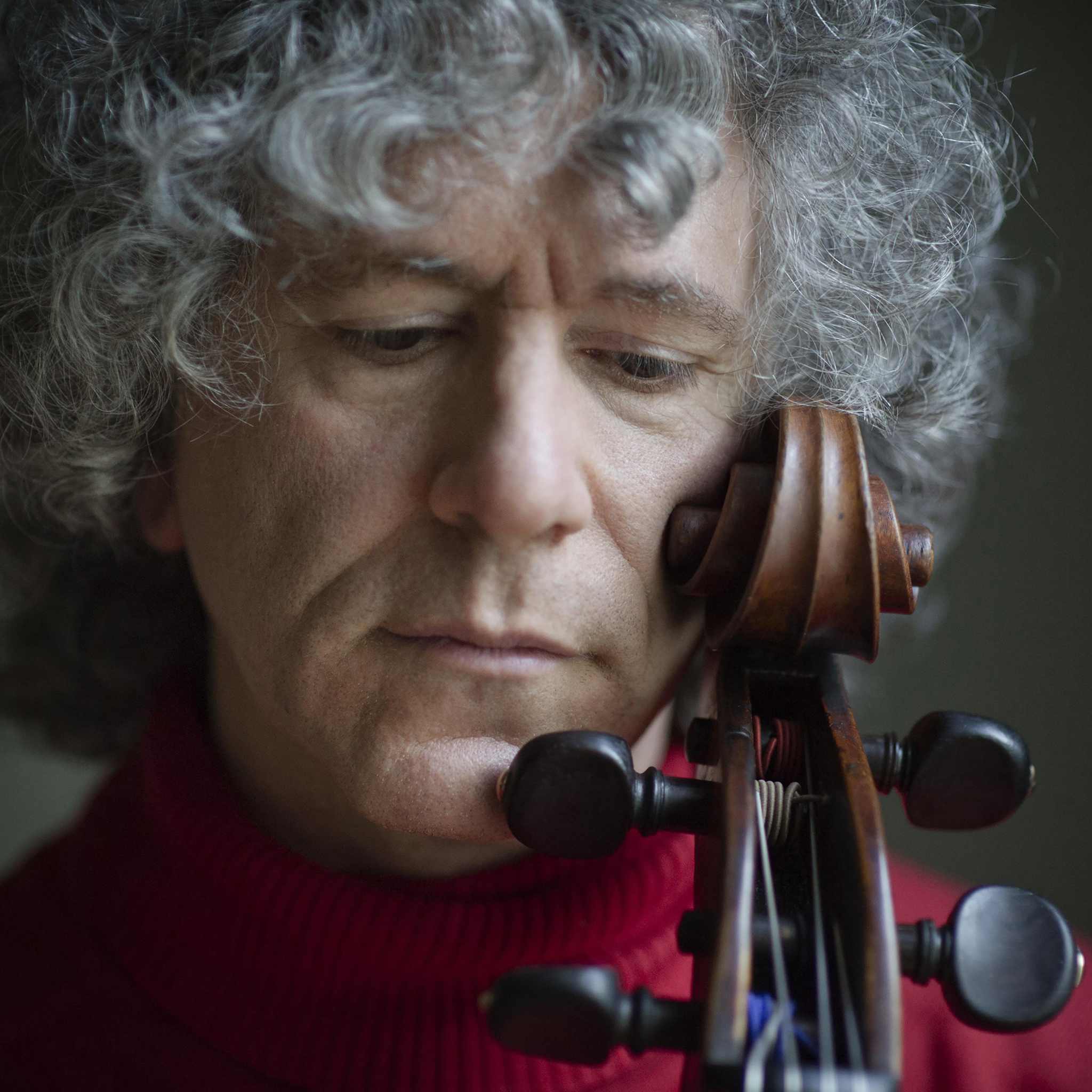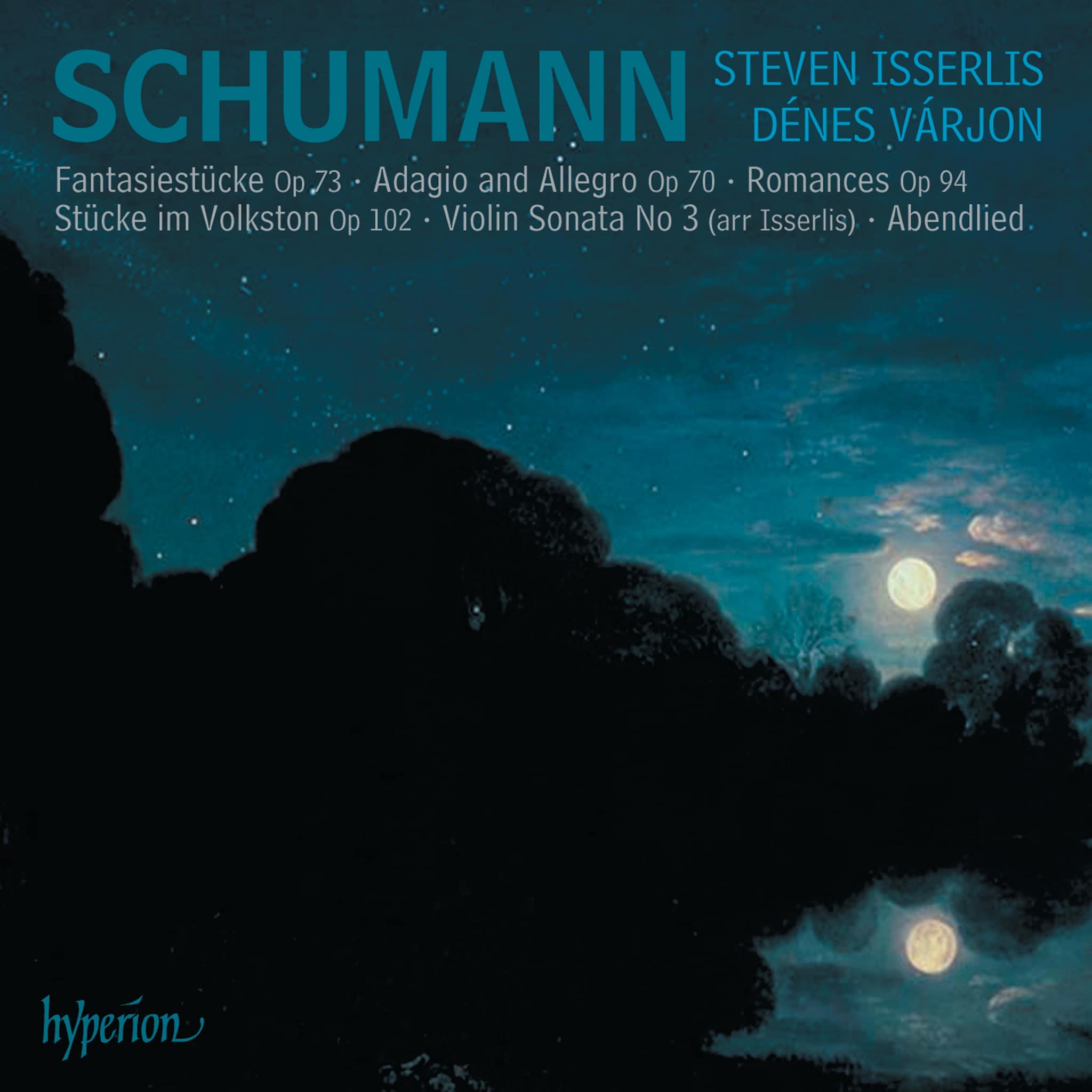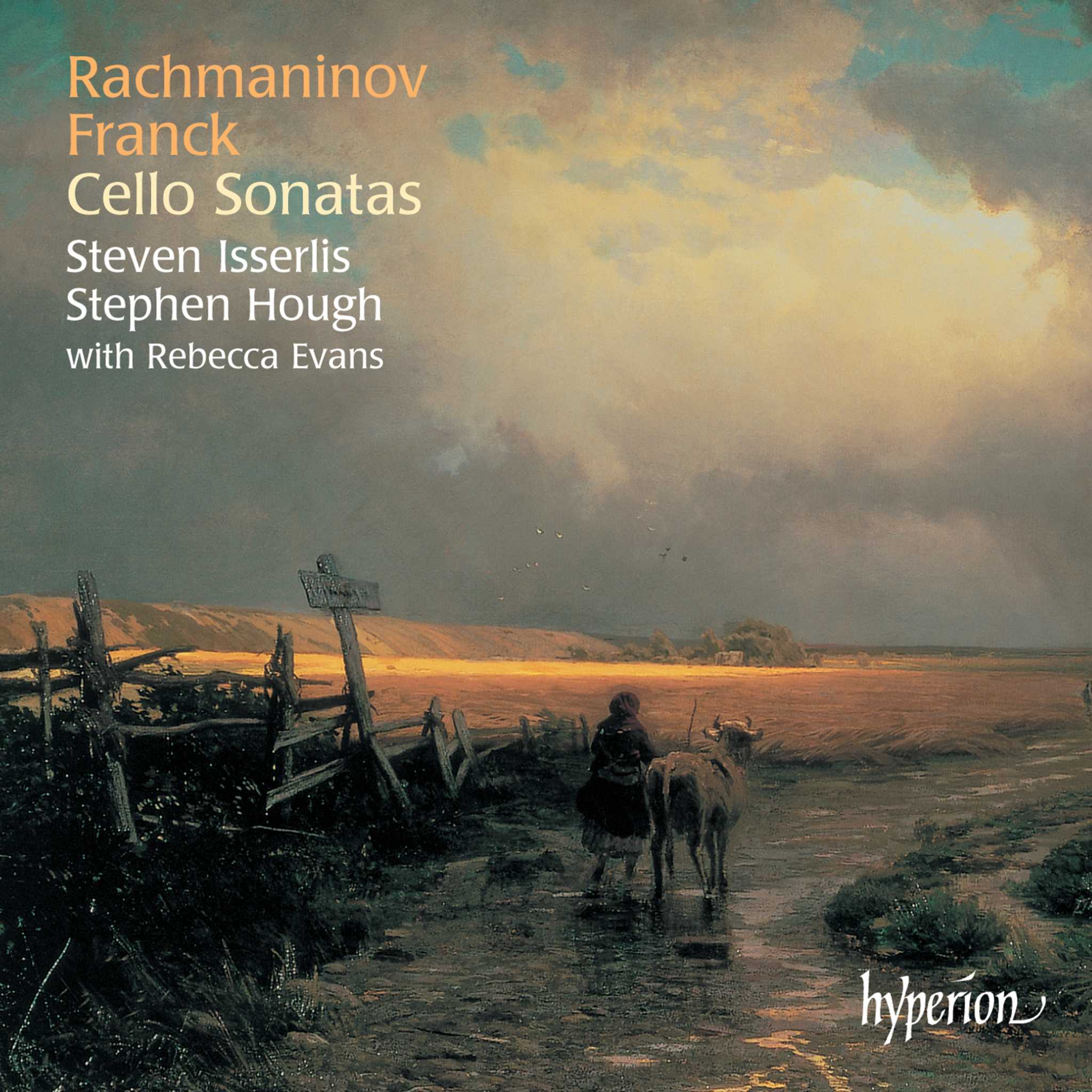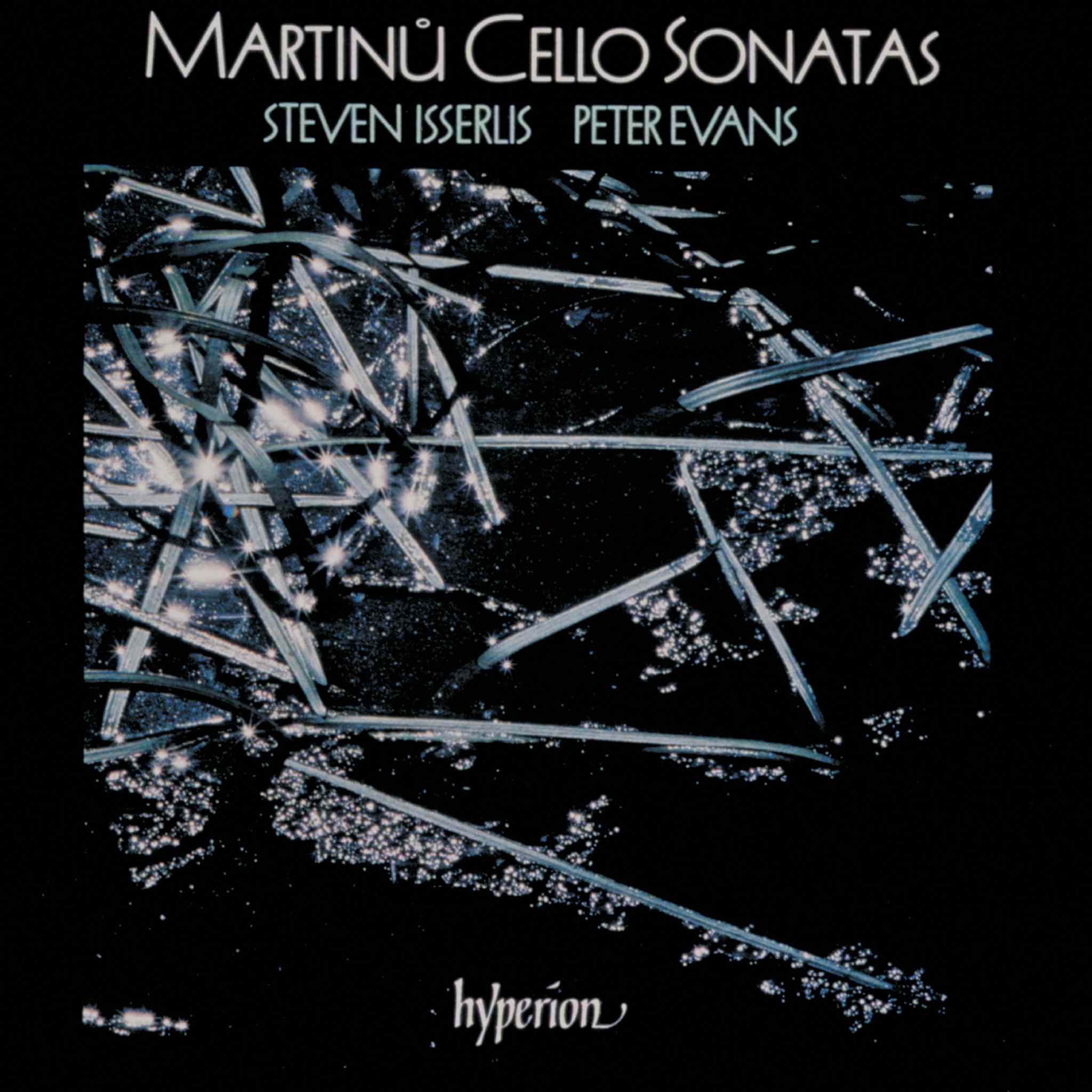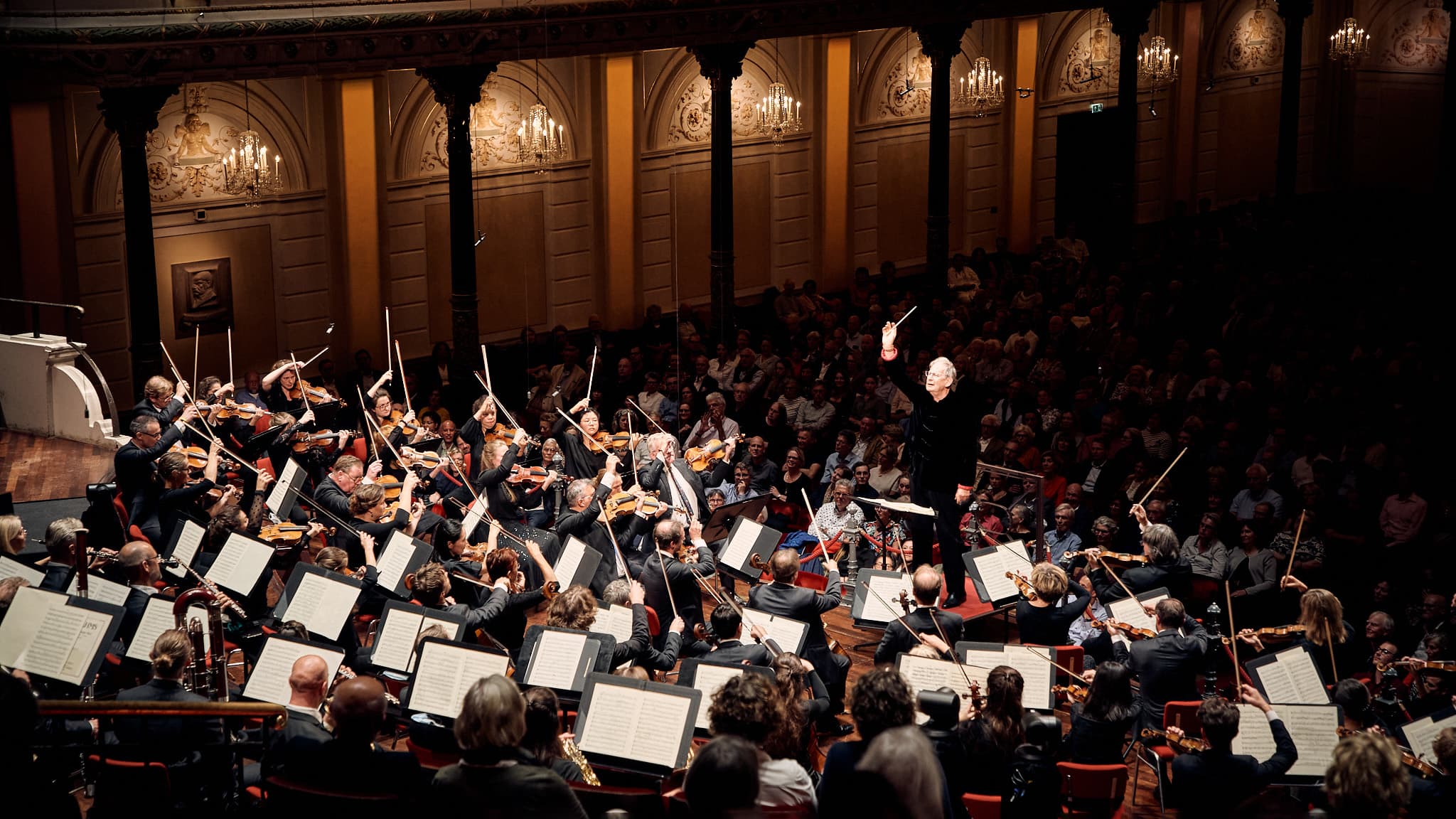Johannes Brahms Johannes Brahms zeichnete sich durch seine besondere Wertschätzung für Cellisten aus und schuf in seiner Kammer- sowie Orchestermusik zahlreiche großartige Passagen, in denen das Violoncello eindrucksvoll hervorsticht. Diese enge Beziehung zum Cello lässt sich vermutlich auf seine frühe Auseinandersetzung mit dem Instrument zurückführen; Brahms spielte sogar das anspruchsvolle Cellokonzert von Romberg, ehe sowohl sein Lehrer als auch das ihm ans Herz gewachsene Cello aus seinem Leben verschwanden. Auch wenn er selbst niemals ein eigenes Cellokonzert komponierte, suchte und fand Brahms Ausgleich beispielsweise in Duowerken für Cello und Klavier.
Die beiden bedeutenden Sonaten für Violoncello und Klavier spiegeln unterschiedliche Schaffensphasen Brahms’ wider und sind aus dem Repertoire nicht wegzudenken. Die e-Moll-Sonate op. 38, das früheste erhaltene Duo des Komponisten, markiert einen Wendepunkt in seinem kompositorischen Wirken. Durch die Verknüpfung mit Bach und Beethoven unterstreicht Brahms seine Rolle als herausragender Kammermusiker. Die F-Dur-Sonate op. 99 wiederum besticht durch leidenschaftliche Energie und jugendliche Frische, inspiriert vom Sommeraufenthalt in der Schweiz.
Obwohl die F-Dur-Sonate zunächst auf Skepsis stieß, wurde sie im Laufe der Zeit immer stärker als Meisterwerk der späten Romantik geschätzt. Brahms’ Werke, ebenso wie Dvoráks Kompositionen für Cello und Klavier, prägten maßgeblich die Entwicklung dieses Musikgenres. Der Austausch und die gegenseitige Unterstützung unter Komponisten – sei es durch Anregungen oder durch Korrekturen wie jene von Brahms an Dvoráks Stücken – zeugen von einer besonderen Verbundenheit und gegenseitigen Anerkennung in der musikalischen Welt.

